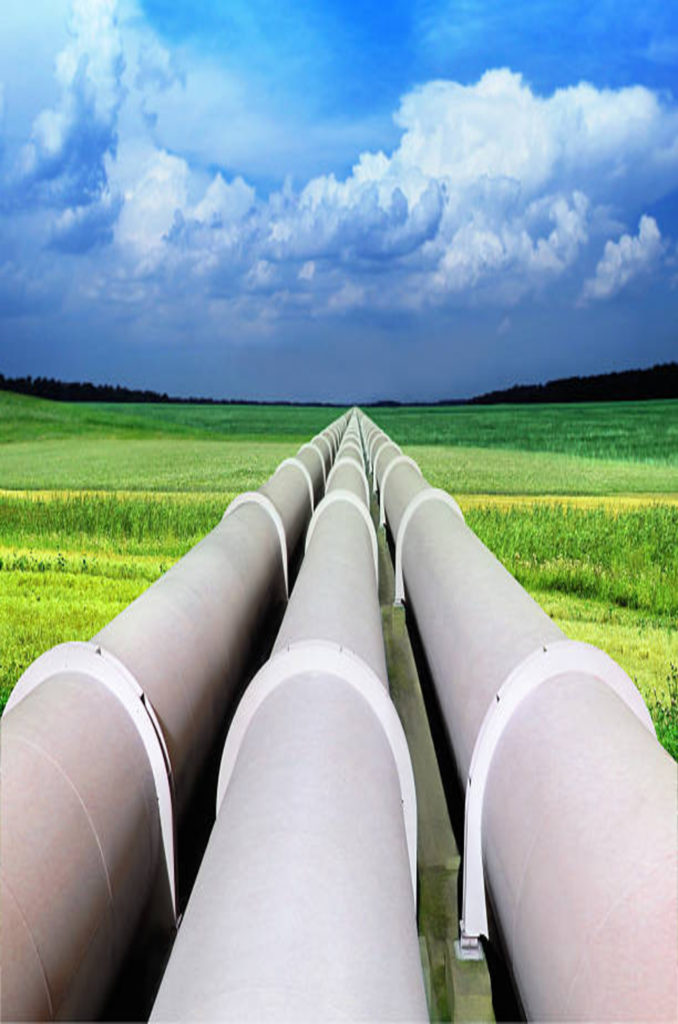Frequently Asked Questions
1 – What does a gas and oil pipeline company do?
Gas and oil pipeline companies are responsible for the transportation of natural gas, crude oil, and refined petroleum products from the production site to the end-users. They design, build, and operate pipelines that span great distances across land and sea, connecting different regions and countries.
2 – What are the benefits of using pipelines for gas and oil transportation?
Pipelines are the most efficient and cost-effective mode of transportation for gas and oil. They have a low risk of spills, leaks, or accidents compared to other modes such as tankers or trucks. They also reduce traffic congestion and greenhouse gas emissions by reducing the number of vehicles on the road.
3 – How are gas and oil pipelines maintained?
Gas and oil pipelines require regular maintenance to ensure their safe and efficient operation. Maintenance activities include cleaning, inspection, repair, and replacement of pipeline components as necessary. Pipeline operators also monitor the pipeline remotely to detect any issues and respond quickly to emergencies.
4 – What safety measures are in place to protect the environment and communities along the pipeline?
Gas and oil pipeline companies are required to comply with strict safety regulations to protect the environment and communities along the pipeline route. They conduct regular inspections and maintenance activities to prevent leaks, spills, or other incidents. Emergency response plans are also in place to quickly respond to any incidents that do occur. Communication with local communities is also a key part of pipeline safety management.
5 – How does a gas and oil pipeline company work with landowners and other stakeholders?
Gas and oil pipeline companies work closely with landowners and other stakeholders to ensure their projects are built in a responsible and sustainable way. They conduct environmental assessments, consult with local communities, and negotiate compensation agreements with landowners. Pipeline companies also maintain ongoing relationships with stakeholders to address any concerns or issues that may arise.

